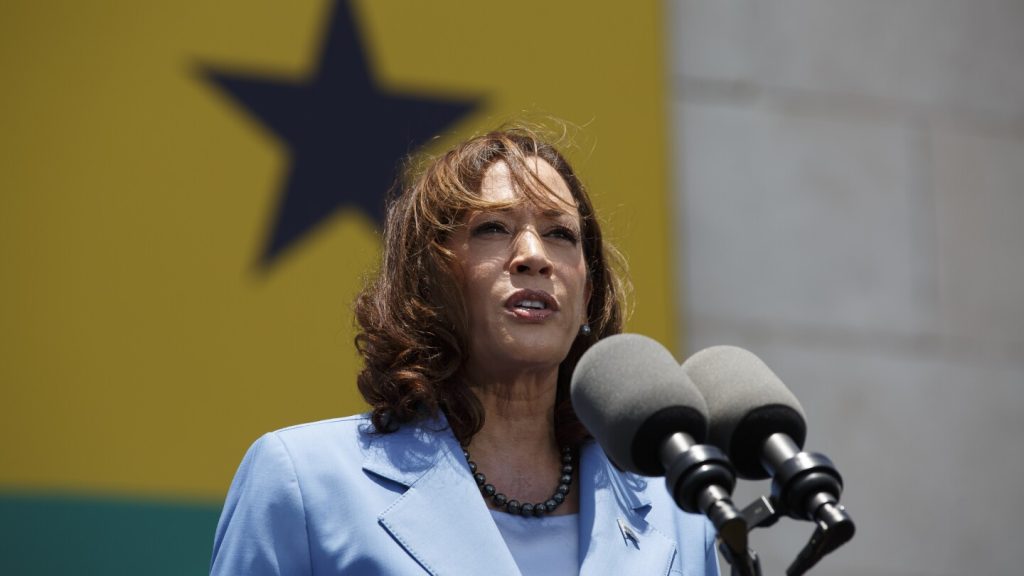Vice President Kamala Harris met with Guatemalan President Bernardo Arévalo at the White House to discuss their efforts to address migration from Central America. Harris praised Arévalo’s leadership in battling corruption and rebuilding trust in Guatemalan institutions. She announced that their work on improving economic opportunity in the region has generated $5.2 billion in private sector commitments. Migrants from the Northern Triangle countries of Guatemala, El Salvador, and Honduras have long sought to reach the U.S.-Mexico border, posing a challenge for both humanitarian and political reasons.
Harris and Arévalo discussed the Biden administration’s use of “safe mobility offices” in Guatemala and other countries to streamline the U.S. refugee process and help migrants avoid dangerous journeys with smugglers. The number of arrests for illegally crossing the U.S.-Mexico border in February increased slightly over the previous month, with 23,216 of those apprehended being Guatemalan migrants. Arévalo, who took office in January after a surprising electoral victory, has a background in academia and conflict resolution and has vowed to challenge Guatemala’s power structure and combat corruption.
Arévalo’s election has brought optimism to Guatemala and received support from the United States following a free and fair election. Harris emphasized the shared values and interests of the two countries, praising the historic moment in their relations. Arévalo expressed gratitude for the U.S. support, calling it a significant development in the partnership between the two nations. Both leaders are committed to addressing the root causes of migration and working together to create a more stable and prosperous future for Guatemala and the region.
The U.S. immigration system has long been a point of contention in Congress, with both Democrats and Republicans agreeing that it is broken but failing to find solutions. Harris and Arévalo’s discussions focused on addressing the challenges faced by migrants and enhancing cooperation between their governments to manage migration flows more effectively. The implementation of safe mobility offices and private sector commitments to economic development in Guatemala are part of a broader strategy to reduce the conditions that drive people to leave their homes in search of better opportunities.
As the Biden administration grapples with the ongoing issue of migration at the southern border, the meeting between Harris and Arévalo underscores the importance of international partnerships in finding solutions to complex challenges. Both leaders recognize the long-term nature of the issues at play and are committed to working together to create a more stable and prosperous future for the people of Guatemala. The discussions at the White House reflect a shared determination to address the root causes of migration and create a more sustainable path forward for the region.


